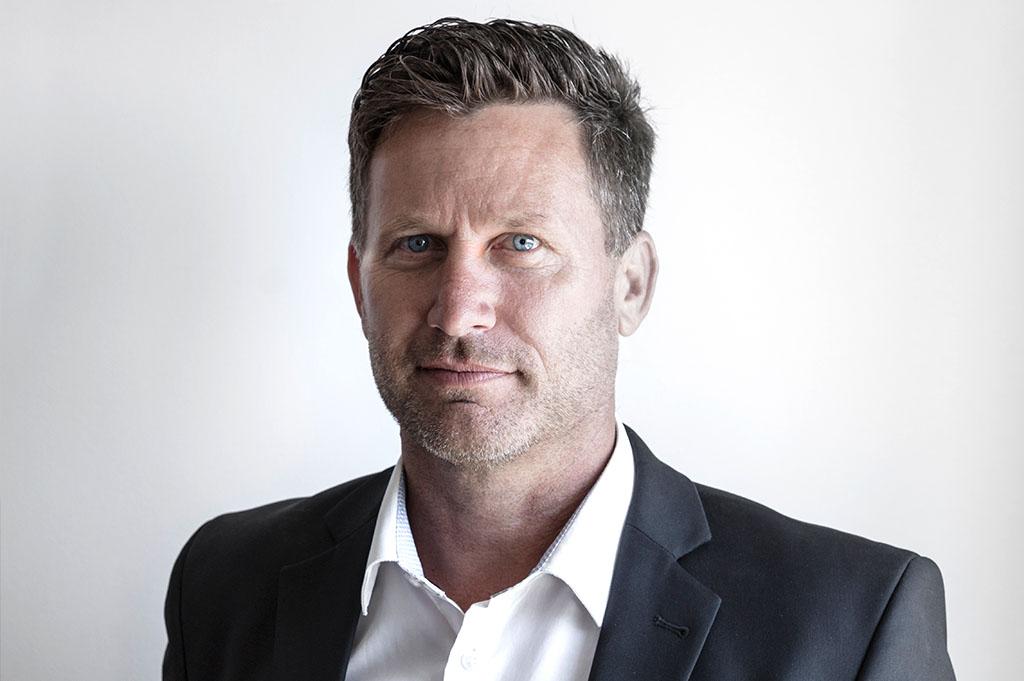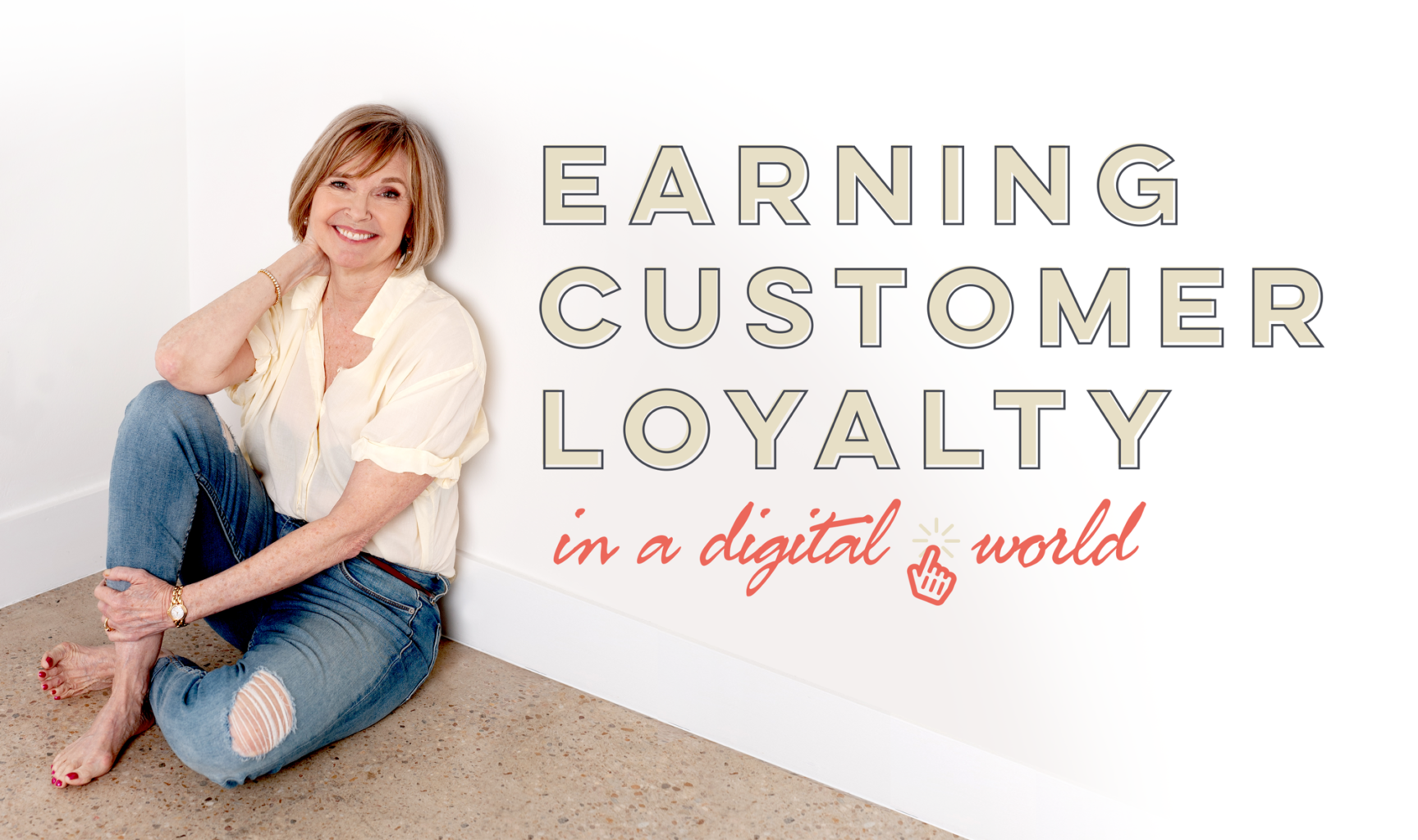
Why Run 650 Miles To Be Successful?
Stanton Jandrell is the CEO and cofounder of Fraxion, a cloud-based procure-to-pay solution for easy business spend management. Beyond his role as the CEO, Stanton frequently competes in ultra-marathons and has logged over 650 miles on foot during the 50 mile or more competitions.
With over 20 years of experience in the spend management and software development industries, Stanton has found peace in the process associated with running and has transferred many lessons learned on foot into practical business strategies that have propelled his career.
Jill Griffin: Where did you grow up? Describe your early childhood and its significance on your life.
Stanton Jandrell: I grew up in Cape Town in South Africa. My parents were keen home improvers and regularly flipped houses, in total we moved 13 times during my childhood, so becoming used to change was second nature by the time we were teenagers. Cape Town is remarkably similar to Seattle from a scenery perspective and all my earliest memories are of hiking (I was a Scout) and water sports (Windsurfing, surfing, diving).
Griffin: When did you first get the whisper you belonged in business?
Jandrell: My parents were big on us earning our pocket money, so like most kids, from about 10 I had a paper round. These limited rounds were in huge demand and could be traded, so my first intro to business was when I bought mine in winter (for the rain discount) and sold just after Christmas when the bulk of the tips I received showed the potential of the round. I also learned the hard way, manning a video store on weekends and selling just your labor had miserable returns.
Griffin: Was there an early teacher/mentor that inspired you? Who and how?
Jandrell: My earliest memories of learning were inspired by watching my parents tackle any number of jobs whilst renovating/building the various houses we stayed in. They leaned into each task, sometimes with very little knowledge, just a willingness to try, fail occasionally, remedy the problem, and do it again all while learning on the fly. Later in life, during my second job as a software product manager, I had a great mentor, Graham Bell, the CEO at the time, who took the time and effort to guide my business learnings.
Griffin: What’s a great piece of business or life advice you received, who gave it to you, and how has it enhanced your life?
Jandrell: My father was always a proponent of doing things, even if your preparation wasn’t 100%. His view was that it was better than being paralyzed by indecision or over-preparation. This view has been moderated by my running, but I have always tried to live up to the “doing” of running my life and business
Griffin: Please give me the top three bullet points in your Personal Leadership Credo.
Jandrell:
- Value execution even if there is failure
- Embrace diversity
- Be the example that you can be proud of
Griffin: Describe a painful setback in your life and what it taught you.
Jandrell: About three years ago I had a surfing accident and saw the board break my ribs and rupture my kidney. It was properly painful and an unfortunate misdiagnosis caused to return to the hospital two days later after internally bleeding out. A month in ICU, one less kidney, and some 25kgs in muscle mass lost, but lots of reflection taught me to appreciate the importance of the “now,” making sure that you address issues sooner than later in all aspects of your life.
Griffin: How has ultra-marathoning impacted the way you approach business?
Jandrell: There are a remarkable number of parallels with running a business and the approach to long distance running. When you are preparing for an 89Km (55m) run you know that it’s going to be tough, so you plan to overcome the challenges you expect or others have encountered.
You persist when times and conditions aren’t ideal because you need to condition your body to deal with the possibility that on the day, it’s not going to always be great weather, your optimum health or mood, but you have to do it.
You build up your ability to run that distance on the day by building towards it, running longer and longer distances (and often never the full distance), over many months.
You get injured/hurt, fall behind your race plan, find ways to recover and build back towards that plan, and despite setbacks, you strive towards the plan. Sometimes you have good runs, sometimes bad runs, but each time you learn and apply this knowledge to become better each time.
And when the day comes for that long day out, you apply everything that you know about the race route and yourself to get to the line.
So, I think that same mindset applies to the way that I work.
Griffin: What advice do you have for young, talented, ambitious individuals who want to rise to leadership success?
Jandrell: Believe in yourself whilst being humble, learn from everyone around you, even those who aren’t at first glance aspirational to you. Expect setbacks, they always come, condition yourself to learn from them.
Never underestimate the benefit of a mentor, someone who can be brutally honest with you at the same time as being patient enough to teach you the lessons of how they got to their position, you will never regret that insight.



